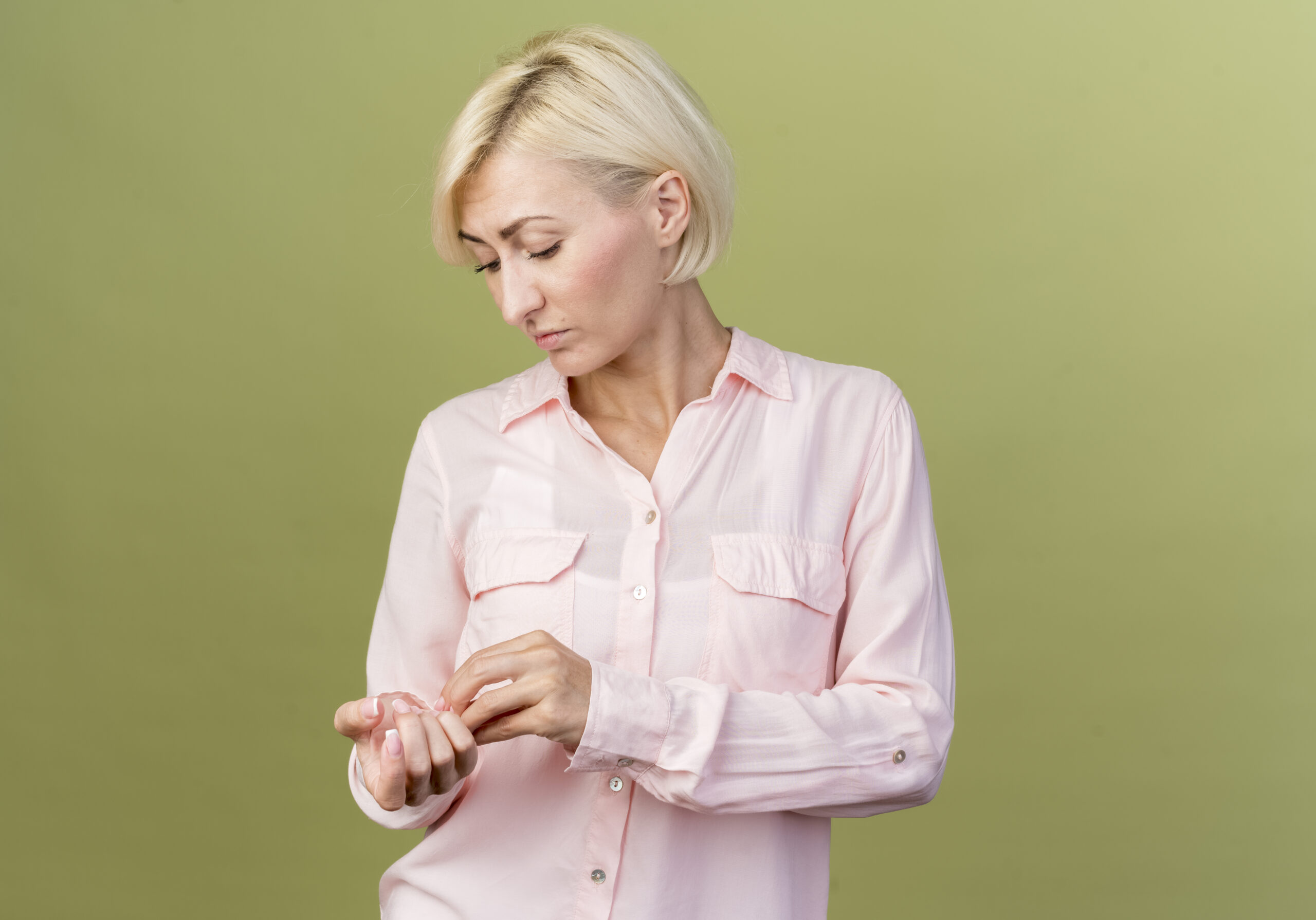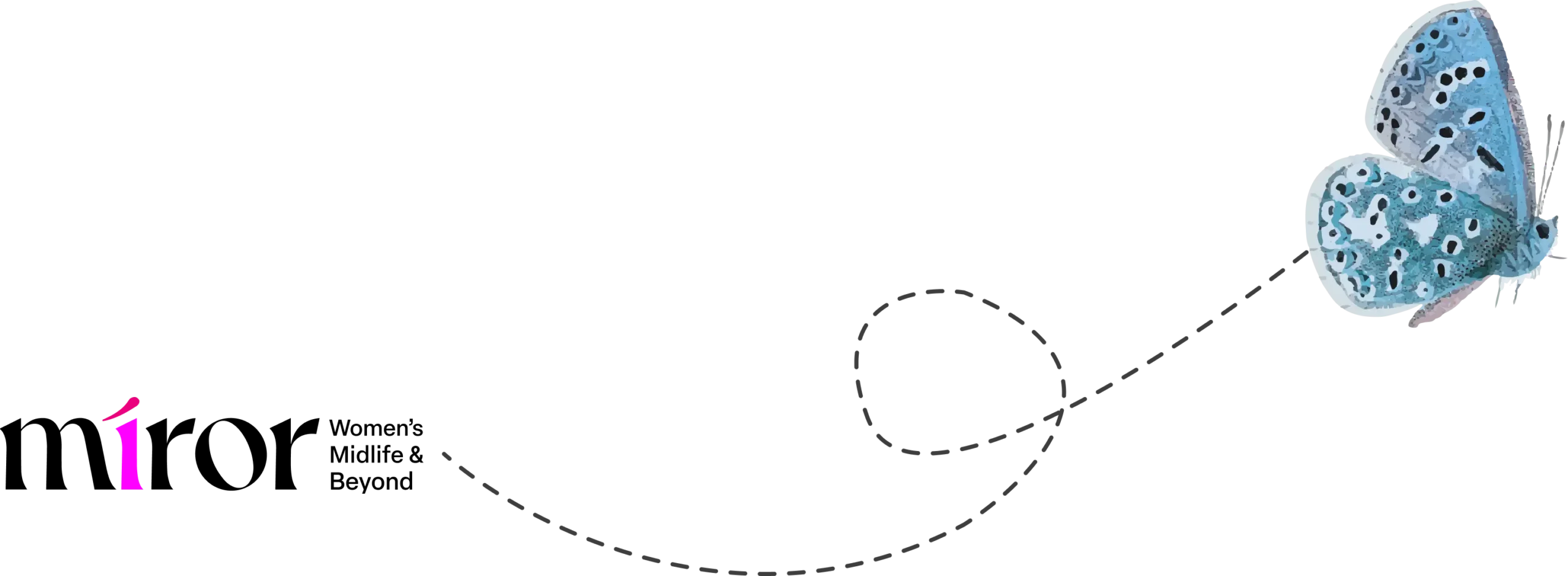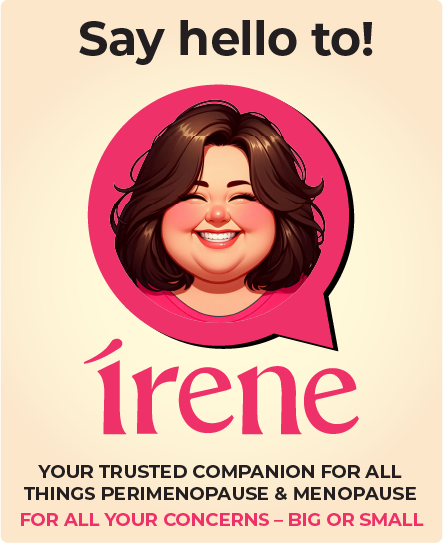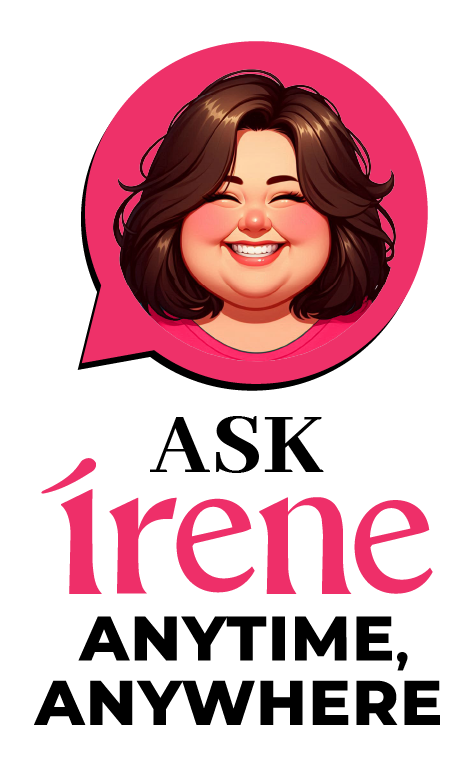
The Ultimate Guide to Menopause Itching: Symptoms, Causes, and Remedies
Menopause is a significant transition in a woman’s life, often accompanied by a variety of physical and emotional changes. One of the less frequently discussed symptoms is itchy skin, which affects approximately 21% of women between the ages of 40 and 65. This uncomfortable sensation can occur anywhere on the body and may even be experienced for the first time during perimenopause. The underlying cause of this itching is closely linked to hormonal fluctuations, particularly the decline in estrogen levels, which plays a vital role in maintaining skin moisture and elasticity.
As estrogen levels drop, women may notice their skin becoming drier and thinner, leading to increased sensitivity and irritation. This can result in feelings of discomfort that range from mild annoyance to severe disruption of daily life. In fact, many women report that itchy skin can interfere with sleep and overall well-being. Understanding the connection between menopause and skin health is crucial for managing these symptoms effectively. Let’s explore the causes of itchy skin during menopause, its impact on daily life, and practical solutions to find relief.
Menopause Itching: Why It Happens and How to Find Relief
Menopause itching is a common and often frustrating symptom caused by hormonal changes, particularly the decline in estrogen. This vital hormone plays a key role in maintaining skin hydration, elasticity, and oil production. As estrogen levels decrease, your skin can become dry, sensitive, and prone to itching.
Why Does Itching Occur During Menopause?
- Decreased Collagen: Estrogen is essential for collagen production, a protein that keeps skin firm and elastic. Lower estrogen levels lead to reduced collagen, making skin thinner and more vulnerable to irritation.
- Dry Skin: Lower estrogen also means less oil production, leading to dryness and itching. This is often called menopausal dryness and itching.
- Increased Sensitivity: Your skin may become more sensitive to products and environmental factors, leading to itching during menopause.
From Head to Toe: Common areas for Menopause Itching
When we discuss menopause itching, no vicinity is off-limits. Many women have reported about itching in certain areas, which include:
- Face and Scalp
- Legs and arms
- Palms and toes
- Vaginal areas.
- Chest and back.
Identifying these common symptoms will let you take particular action to treat menopause itching and discover relief in those specific areas.
Keeping it Cool: Simple methods to soothe itching during menopause
In case you’re stressed about menopause itching, there are a few powerful approaches to manage it:
a) Hydrate regularly
One of the most effective yet effective methods to reduce menopause itching is with help of sufficient hydration. Hydration is important for preserving skin moisture levels from inside the body. When your body is properly-hydrated, your skin is also sufficiently equipped to maintain moisture, decreasing the chance of dryness and skin irritation.
b) Ignore hot showers
While hot showers give you relaxation, they could strip the pores and skin of natural oils that shield you from skin dryness. Use lukewarm water and restrict your bathe time to prevent worsening menopausal dryness and itching.
c) Select skin-friendly attires
Choose soft, breathable fabrics like cotton to lessen friction and inflammation on sensitive skin. Wearing loose clothing also can prevent unnecessary sweating, which can also cause or worsen itching during menopause.
d) Use a Humidifier
Using a humidifier in your home, during winter months, can help add moisture to the air and reduce pores and skin dryness that might be causing menopause itching.
Moisturize Like a Pro: How to Combat Menopausal Dryness and Itching
Menopause can bring about various discomforts, including itching during menopause. A good moisturizer can work wonders for your skin, helping you cope with menopausal dryness and itching. When selecting a moisturizer, look for products that contain ingredients designed to repair the skin’s barrier and lock in moisture.
Choose a Thick, Cream-Based Moisturizer
Opt for cream-based moisturizers, as they tend to be richer and provide an extra protective layer compared to lotions. This is especially important for drier, menopausal skin that requires more intensive hydration.
Search for Ceramides and Hyaluronic Acid
Ingredients like ceramides and hyaluronic acid are excellent for boosting hydration. Ceramides help rebuild the skin barrier, while hyaluronic acid retains moisture in the skin, making it plump and less itchy.
Apply Moisturizer After Bathing
The best time to apply moisturizer is right after bathing when your skin is still slightly damp. This technique helps lock in moisture and prevents your skin from drying out further, effectively reducing menopausal dryness and itching.
Go for Herbal Oils
Natural oils such as coconut, almond, or olive oil can soothe dry, itchy skin. These oils are rich in nutrients that can alleviate menopausal dryness and itching by nourishing the skin and minimizing inflammation.
Incorporating these strategies into your skincare routine can significantly improve your comfort during menopause. By using the right moisturizers and natural oils, you can combat the challenges of itching during menopause effectively.
Home Remedies for Menopause Itching: Tried and Tested Solutions
Many ladies have discovered solace in herbal remedies for menopause itching. Identifying the potential remedies will help you to avoid the itchiness in your skin. Right here are some effective home remedies for menopause itching which can be safe and easy to apply:
Oatmeal Baths
Colloidal oatmeal is finely ground oatmeal which is very impactful for removing itchiness, adding a cup of colloidal oatmeal to a warm bath soaking it for 15-20 mins and gently patting your skin later.
Aloe Vera Gel
Applying fresh aloe vera gel will help you get rid of menopausal dryness and itching, as it will give you a cooling effect and soothing the affected areas.
Apple Cider Vinegar
Apple cider vinegar will help you in balancing your skin’s pH level, and reducing the itchiness, by diluting it with water and applying it on the affected areas and rinsing it off after a few minutes.
Chamomile Tea Compress
Chamomile has anti-inflammatory properties, hence soaking chamomile tea bags in warm water and letting it cool and then applying it on the itchy areas.
Menopausal Dryness and Itching: Not just Skin Deep
Menopausal dryness and itching can impact your emotional and physical well-being. Chronic itching disrupts sleep, causes soreness, and might even affect your confidence. Many ladies locate themselves avoiding certain types of sports or feeling self-aware because of seen skin transformation. The best information is that comprehending menopause itching and its reasons could make it less difficult to control.
Beyond creams: Lifestyle Changes to reduce Itching during Menopause
Menopause itching often needs more than topical answers. Simple lifestyle changes can play a widespread role in improving skin health and decreasing itchiness.
a) Balanced weight loss plan
b) control stress levels
c) ordinary workout
When Should I Seek Professional Help for Menopausal Dryness and Itching?
For many women, menopause itching can be managed through lifestyle changes, effective moisturizers, and home remedies. However, if the itching during menopause becomes unmanageable or starts to significantly impact your quality of life, it may be time to seek medical advice.
Signs It’s Time to Consult a Healthcare Provider
- Persistent Itching: If the itching lasts for more than a few days despite self-care efforts, it’s crucial to consult your doctor. Persistent symptoms may require further investigation to rule out underlying conditions.
- Impact on Daily Life: If menopausal dryness and itching interfere with your daily activities or sleep, professional help is warranted. Quality of life is paramount, and effective treatments are available.
- New Symptoms: If you develop new rashes, lumps, or swelling along with your itching, it’s essential to see a healthcare professional. These could indicate allergic reactions or other skin conditions that need attention.
Potential Medical Treatments
Your healthcare provider may recommend several options to alleviate menopausal dryness and itching:
- Hormone Replacement Therapy (HRT): HRT can effectively relieve menopause symptoms, including dryness and itching, by stabilizing hormone levels. This therapy can help restore moisture to the skin and reduce discomfort.
- Prescription Creams: For severe itching, your doctor might prescribe steroid creams or estrogen-based vaginal creams. These treatments can provide targeted relief for extreme symptoms of dryness and itching.
- Antihistamines: If itching disrupts your sleep, an antihistamine may offer temporary relief. These medications can help alleviate discomfort and improve sleep quality.
Managing Menopausal Itching
While menopause itching can be irritating and sometimes painful, it is manageable. By understanding the causes and taking proactive steps—such as staying hydrated, moisturizing regularly, using herbal remedies, and making healthy lifestyle choices—you can significantly reduce discomfort during this phase of life.
Menopause is a natural part of every woman’s journey. With the right strategies in place, menopause itching shouldn’t be a constant hassle. It’s essential to consider what works best for your body, skin health, and mental well-being as you navigate this transition. Seeking professional help when necessary ensures that you receive the appropriate care tailored to your specific needs.

Prativa Chatterjee







